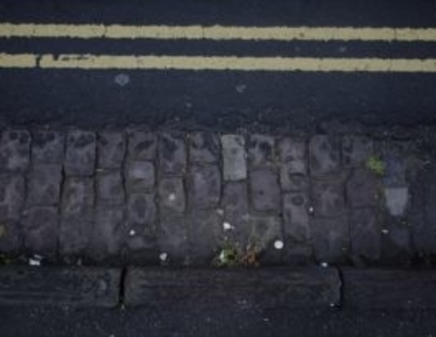Bridging Gaps in primary healthcare for women with complex needs

A co-produced intervention that not only successfully increased the number of women with complex needs accessing mainstream healthcare, but also empowered the women concerned to act as champions and advocates in their community.
This co-produced project, initially funded by a £3,000 ESRC IAA award, combines the forces of frontline healthcare professionals, staff from the Bristol charity One25's Peony service and, most importantly, women with complex needs (e.g. addiction, sexual exploitation, poverty, mental health) to improve and increase access to ‘trauma-informed’ primary health care services for this community. The initial grant helped the group to develop relationships and share experiences of what worked (and what doesn’t).
They have developed a practical set of plans and ideas for delivering effective trauma-informed primary care to this poorly served community. The women act as champions and advocates by delivering educational sessions to GP surgeries. To increase the women’s confidence in working with professionals, who have previously usually only been known as authority figures, the women have been working with story-teller Clare Murphy.
The GP educational sessions delivered by the women include a compelling video on the women’s experiences of accessing healthcare that can be used by any health and social care professional. These sessions have been externally evaluated and described as “powerful” by healthcare participants. In fact, one GP surgery was so inspired that they subsequently established bespoke clinics for people with complex needs. The women also secured the commitment of the Clinical Commissioning Group (CCG) to consider this approach in their work with other vulnerable groups across the wider region.
For many of the women, it was the first time they were actively involved in service improvement. This was a very empowering experience for individuals, often described as vulnerable and used to being dependent on charity support. Several are now considering professional training as trauma counsellors, youth workers and beauticians, because the project has given them more confidence in themselves and their communication skills.
This relatively small-scale project, led by Dr Lucy Potter,, Dr Michelle Farr and Dr Lesley Wye also successfully leveraged further grants from other sources, including UCL's Centre for Co-production (£15k) and the National Institute for Primary Care Research (NIHR) (£30k) to continue the work. In addition, because the experience of the women with this project has been so positive, they are now working with Dr Farr on a recently funded study with Unseen, a charity that supports women who are sold into sexual slavery. If you are interested in learning more about Bridging Gaps, want to access the video or require further information about the Unseen study, please contact Michelle Farr.